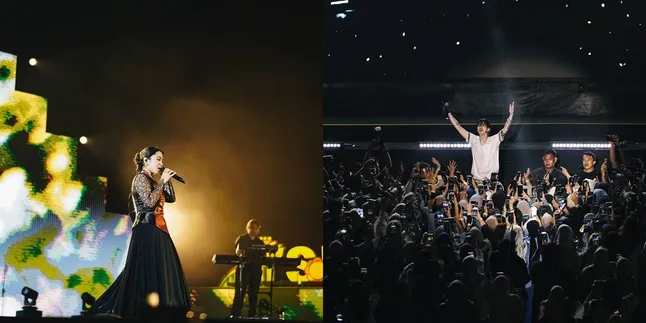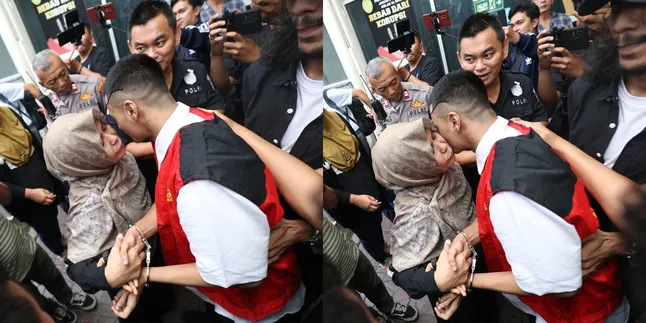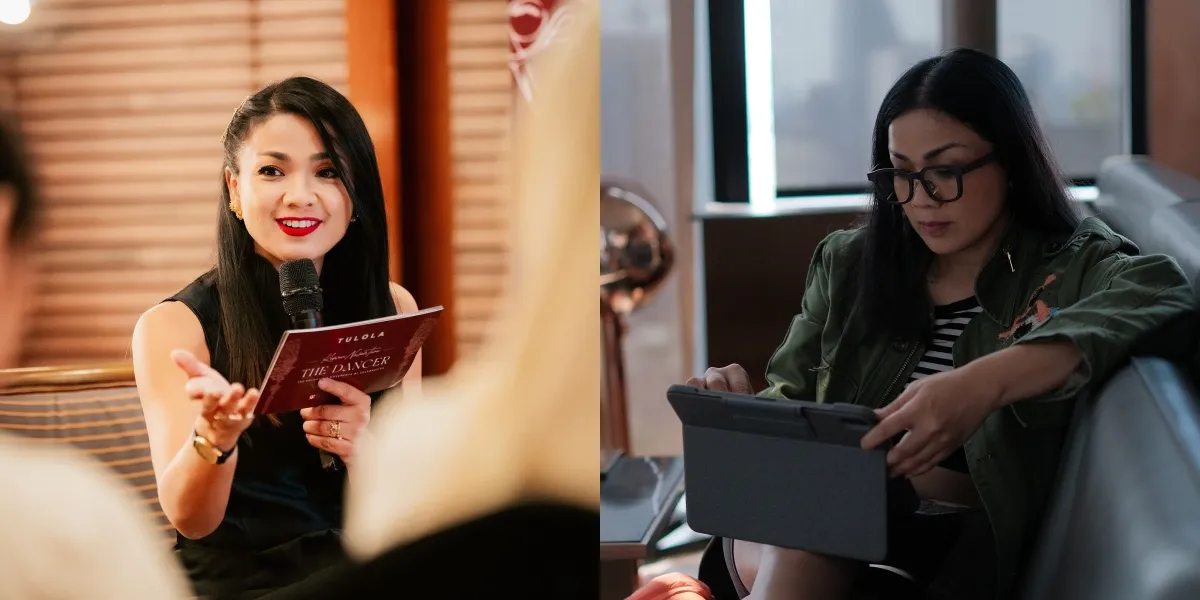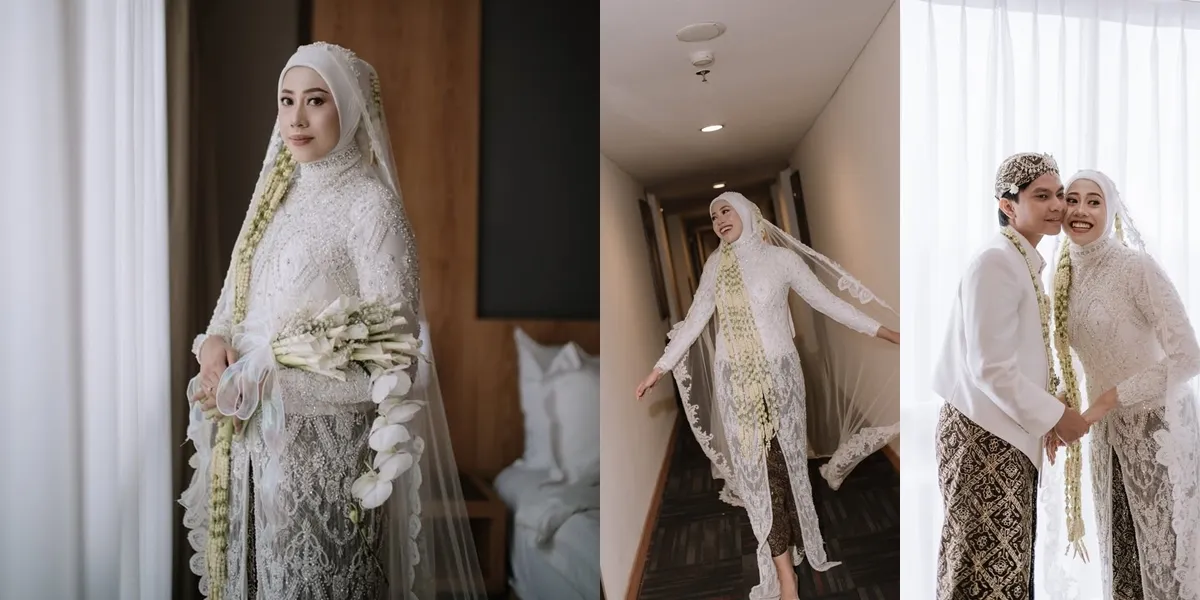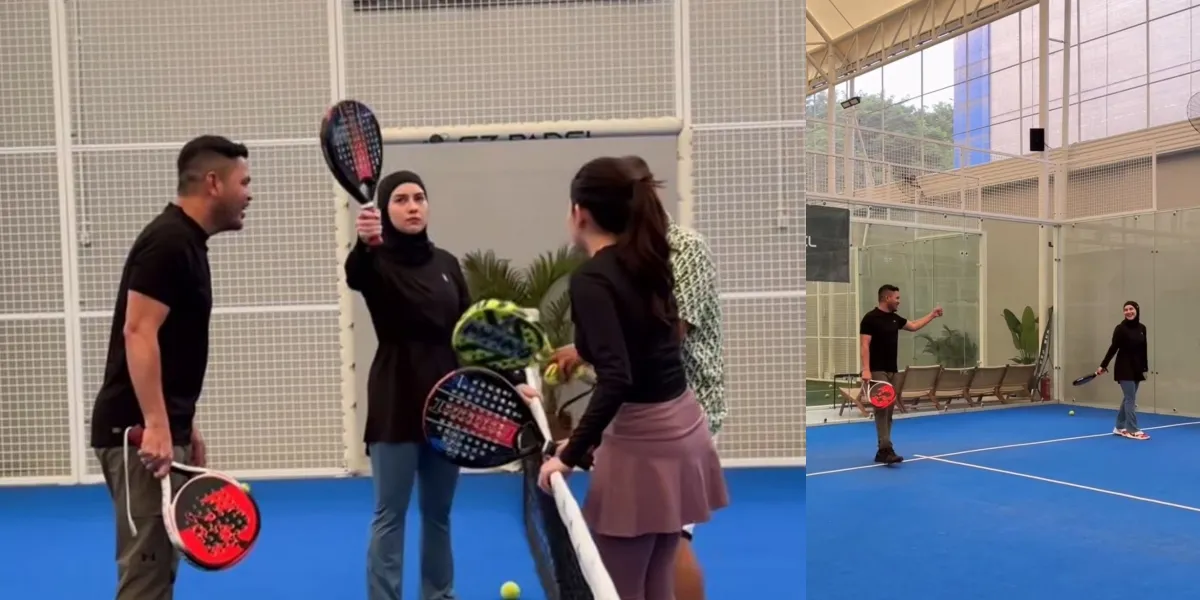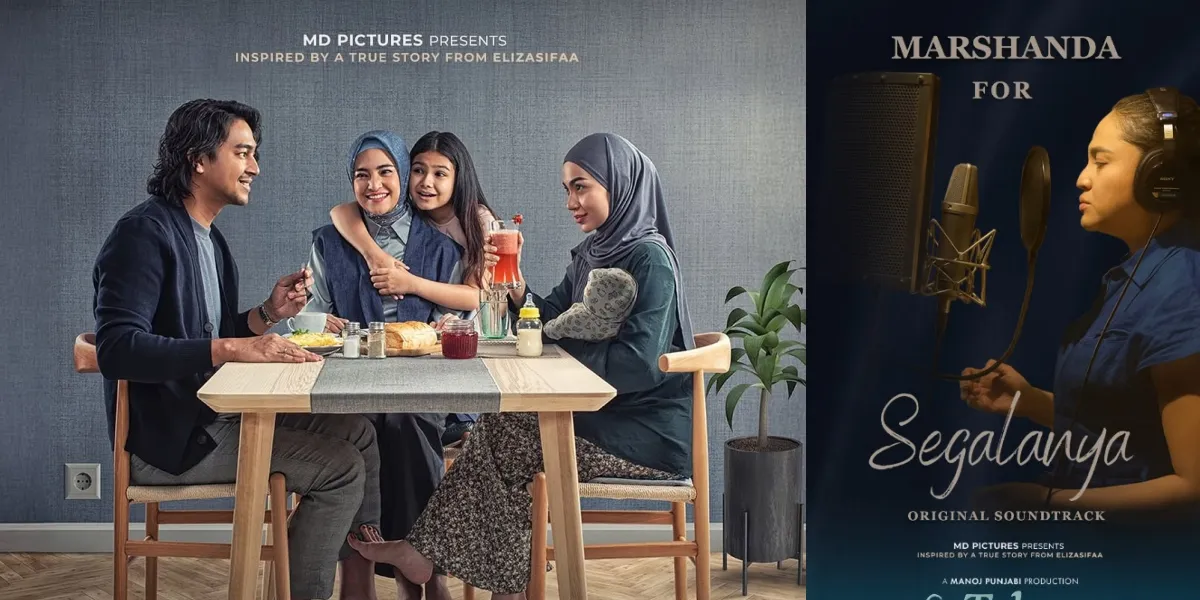Kapanlagi.com - Singer and songwriter Anji has finally spoken out about the royalty polemic that has recently become a hot topic among musicians in the country. According to Anji, the debate happening right now is too loud and complicated. He admitted to being one of the more vocal parties from the beginning, but has now chosen to remain quieter.
"Actually, what is happening today is too loud in my opinion. I was also one of those contributing to this noise, in the early days. I have been discussing this since 2015. Basically about performing rights royalties," said Anji when met in the Kemang area, South Jakarta, on Wednesday (25/6/2025).
1. Already Talked a Lot About Royalties Since 2015

Instagram/duniamanji
Anji stated that all forms of criticism and his views regarding the royalty system have been expressed by him for a long time. All of that, he said, has been recorded in the digital footprint. However, when the issue of royalties started to be widely discussed by many parties, Anji chose to take a step back.
"I have talked a lot since 2015, everything is recorded digitally, in the digital footprint, but lately, when many people started to voice their opinions, I felt like, okay, I’ll just step back. Because it has become too noisy, too chaotic, and too polarized. Including me, I am actually part of one of the associations," he said.
2. The Royalty Issue is Too Noisy

Instagram/duniamanji
As a musician who is part of one of the associations, Anji realizes that the royalty issue is not something difficult to resolve. He regrets the conflicts between parties that only worsen the situation.
"It's just that lately I have been quiet. Why? Because it’s too noisy, too complicated, too messy, whereas the issue is actually simple: empathy, ethics, understanding, that’s it," he said.
3. The Solution is to Meet & Sit Together

Instagram/duniamanji
"The thing is, if we talk from the legal side, from the regulatory side, we won't meet. Because the rules are indeed ambiguous. So this party that is big talks from this side," he added.
According to Anji, the two parties that often oppose each other on this issue could actually sit together. He even mentioned that what should be highlighted is the system that regulates and supervises the distribution of royalties, not just mutual attacks among musicians.
4. Two Opposing Parties Should Unite
"This party that is big also continues to be opposed from this side. In fact, these two camps should actually unite. Now, this is the one that creates the system, that supervises the system, that gets the money, this one, that one, this is actually what we need to attack too," he said.
Nevertheless, Anji emphasized that resolving the royalty issues must still be based on empathy and understanding among all parties.
5. Anji Chooses to Focus on His Personal Life
"Yes, even though empathy is needed as mentioned earlier, empathy, understanding, artists, ethics. To resolve this, we need to sit together," he said.
For now, Anji chooses to focus on personal matters such as his work and personal life. He feels he is not ready to get involved again in the turmoil over royalties, which he believes is becoming increasingly complex.
"Right now I am focusing on my work, my life, my love life, if there is any. So, that's it," he said with a small laugh.
6. Legal Steps Are Valid to Take
In response to the emergence of legal lawsuits from several musicians regarding royalties, Anji views this as an expression of long-suppressed disappointment.
"In my opinion, a legal lawsuit is indeed a step that can be taken. We also need to try to understand that there are feelings that have been buried for a long time," he said.
For Anji, there is nothing wrong if musicians choose the legal route to fight for their rights. As long as it is pursued with awareness and in accordance with the applicable law, then that step is valid.
"For me, it is valid to take that step and there is indeed a law that accommodates it. So, I am not getting involved, but for me, it is something that can be pursued," Anji concluded.
7. Why are royalties from music streaming platforms often perceived as low for musicians?
Royalties from streaming services like Spotify and YouTube are usually small due to a complex distribution system: advertising or subscription revenue is divided among labels, distributors, platforms, and ultimately musicians/creators who only receive a small portion.
Additionally, in Indonesia, only about 12 percent of the platform's revenue is returned to musicians through organizations like LMK/FESMI/LKMN. The collective and administrative cuts from these organizations further reduce the net amount received by songwriters. Even major musicians like Ariel Noah have stated that the current system is less transparent and less fair.
(kpl/far/fbi)
Disclaimer: This translation from Bahasa Indonesia to English has been generated by Artificial Intelligence.





